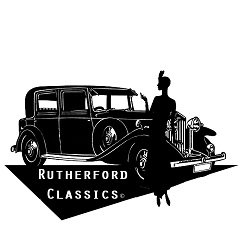I’ve never read a book by John Updike, mainly because he was never required in college and I identified him with “the boys,” who included Philip Roth, Saul Bellow, and touching upon Ernest Hemmingway and Norman Mailer, writers whom I have read but whose world view I don’t much care for. They dominated the American landscape with their narrow opinions of what good writing was, intimidated women authors who did their best to sound like the men but weren’t accepted anyway. Like Sylvia Plath and Virginia Woolf suicide seemed to be the solution to their exile. Flannery O’Connor was a wonderful exception having a unique style, probably because lupus which killed her forced her to live in isolation.
I don’t have to prove the merits of what I’ve written. This isn’t a scholarly treatise and I’m entitled to my opinion. But there was a period in American literature when, thanks to “the boys,” women weren’t welcome and certainly not taken seriously. That Updike was one of them I gleaned from a critique of Adam Begley’s biography of the man. According to him, Updike’s mother, Linda, was an accomplished writer having “published two books with major publishing houses and ten short stories in her son’s bastion, The New Yorker.” (“Agreeable Angstrom,” by Jonathan Dee reviewing Updike by Adam Begley, Harpers, June 2014, pg. 87.) Still, rather than give credit to the talent he inherited from his mother and his general fondness for her, Updike took “every opportunity to downplay her talents and consistently characterize[d] her in writing and in interviews as a ‘would-be’ or ‘long-aspiring’ writer.” (Ibid, pg. 87.)
What “the boys,” had in common was a bullying tone when it came to women. As men, they were chained to them by their sexual desires, but I never got the feeling they liked women and perhaps resented them because they were the instruments of a pleasure that rendered the men needy. To avenge themselves, the men used their art. How else can one account for Hemingway’s unflattering view of women that runs the fictional gamut of extremes– from the insipid Catherine Barkley in A Farewell to Arms to the dominatrix, Lady Brett Ashley, in The Sun Also Rises?
By way of contrast, the female writers I admire don’t use the pen as a bully pulpit. As with Edith Wharton, they are keen observers — critical if needs be — yet sympathetic too. O’Connor is one who can cast an unflinching eye upon her fellow human beings but with humor and sometimes compassion. Literature needs more feminine voices, not women who write like “the boys,” but women who can open our eyes to a new way of seeing.
(First published 7/10/14)

